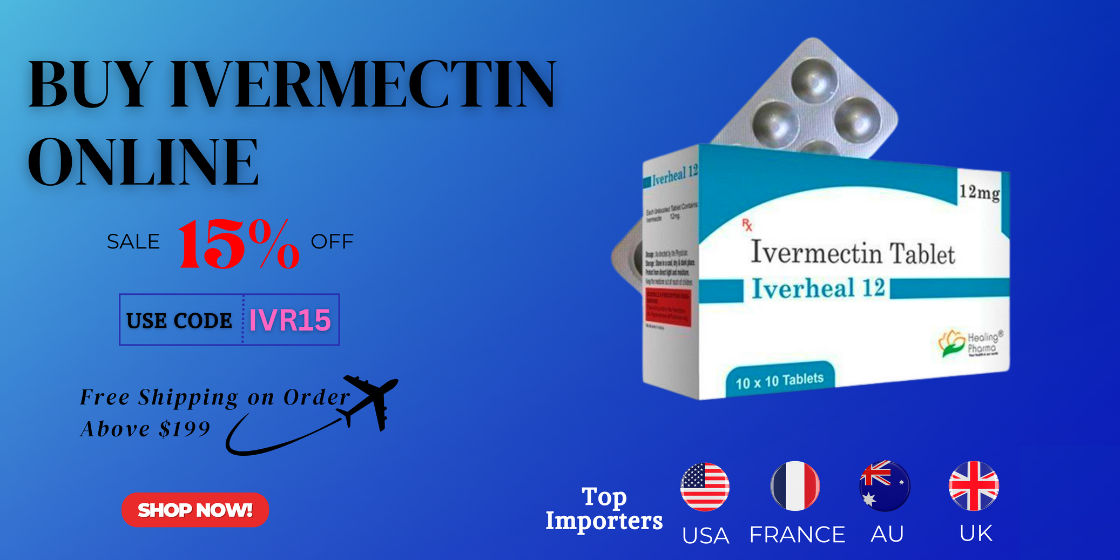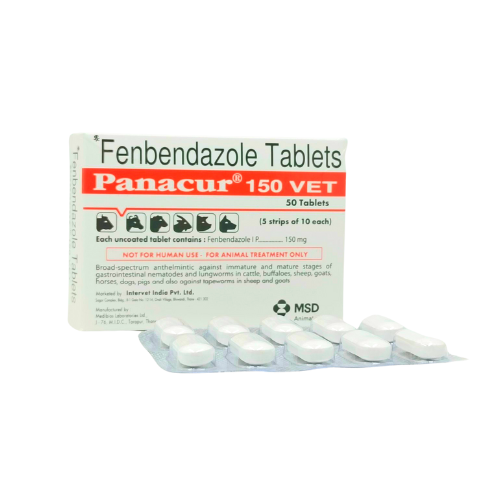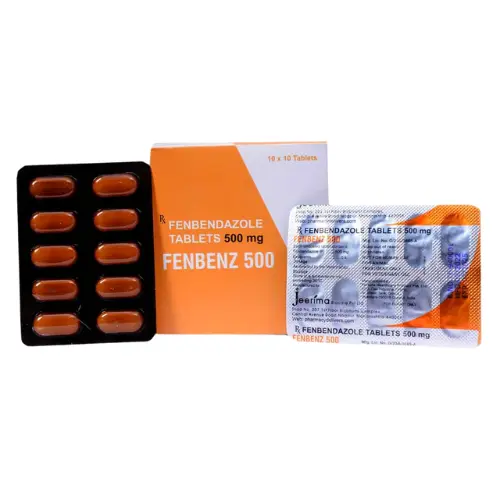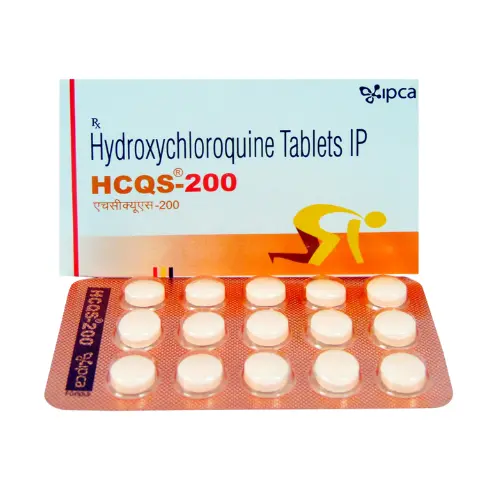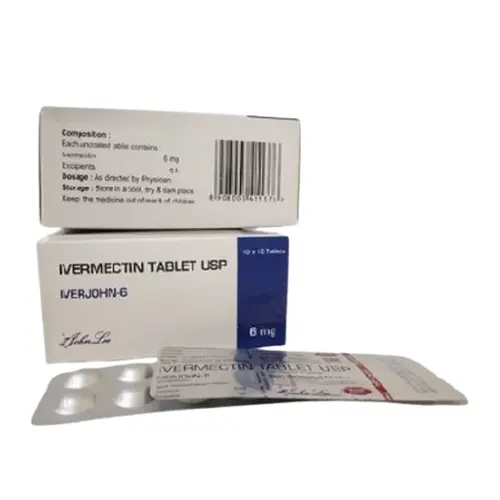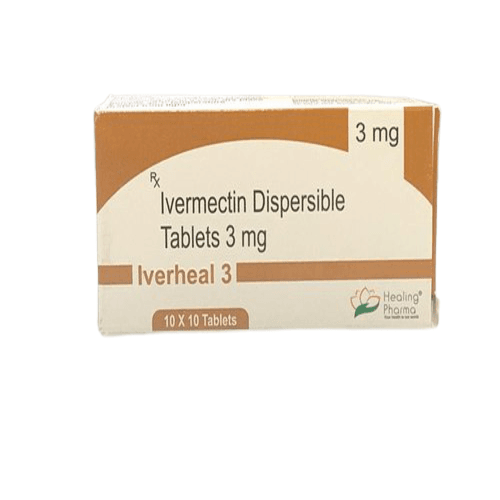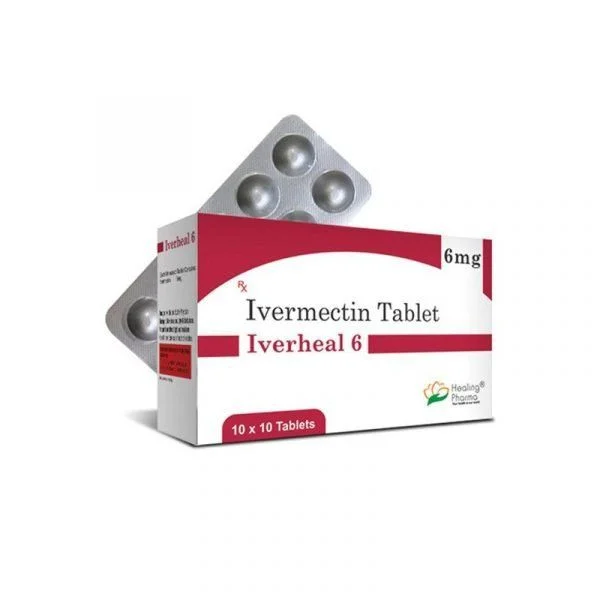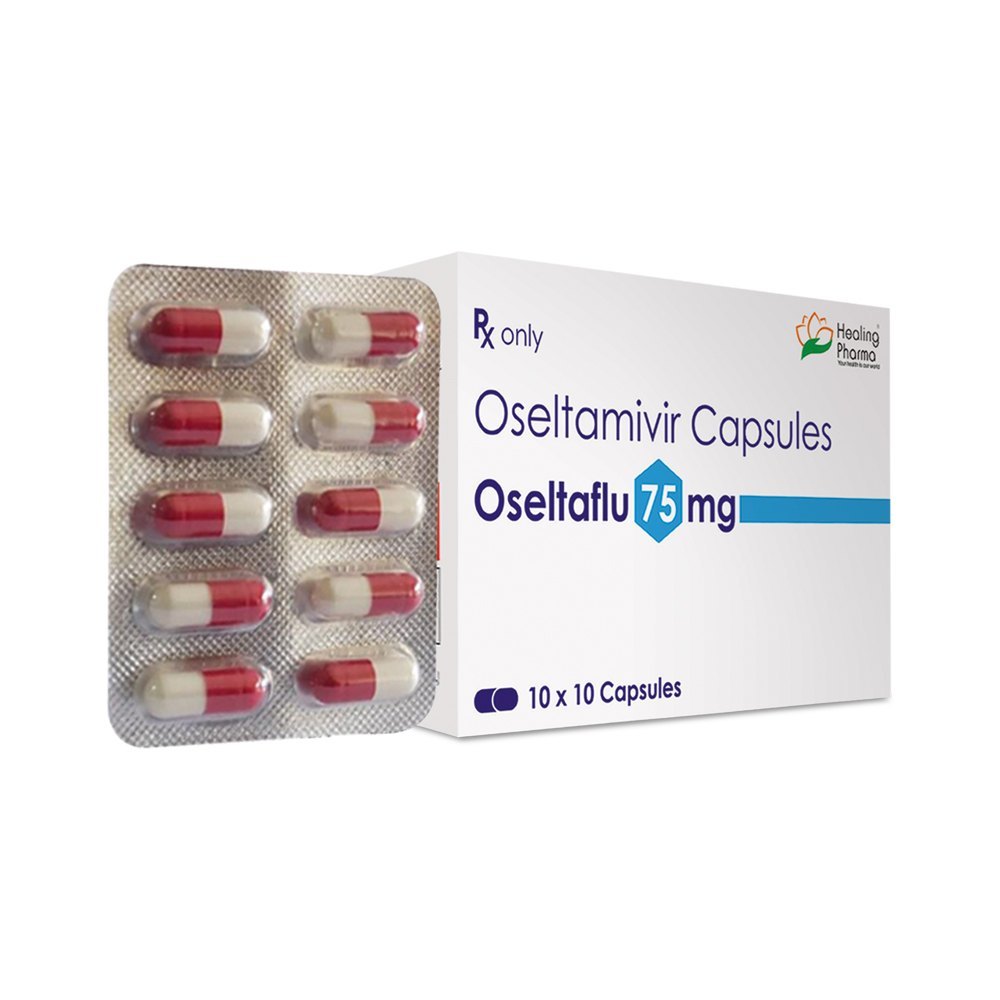-
Azithromycin
Azipro 500 Mg (Azithromycin)
$74.00 – $140.00Price range: $74.00 through $140.00 Select options This product has multiple variants. The options may be chosen on the product page -
Amoxicillin
Cipmox 500 (Amoxicillin)
$50.00 – $145.00Price range: $50.00 through $145.00 Select options This product has multiple variants. The options may be chosen on the product page -
Home
Fenbendazole 150mg
$100.00 – $140.00Price range: $100.00 through $140.00 Select options This product has multiple variants. The options may be chosen on the product page -
Fenbendazole
Fenbenz 500 (Fenbendazole 500mg)
$100.00 – $140.00Price range: $100.00 through $140.00 Select options This product has multiple variants. The options may be chosen on the product page -
Home
HCQS 200 Mg Tablets (Hydroxychloroquine)
$50.00 – $145.00Price range: $50.00 through $145.00 Select options This product has multiple variants. The options may be chosen on the product page -
Home
Hydroxychloroquine (HCQS 400 Mg)
$120.00 – $260.00Price range: $120.00 through $260.00 Select options This product has multiple variants. The options may be chosen on the product page -
Home
Iverjohn 12 mg
$90.00 – $160.00Price range: $90.00 through $160.00 Select options This product has multiple variants. The options may be chosen on the product page -
Home
Iverjohn 6 Mg (Ivermectin)
$80.00 – $155.00Price range: $80.00 through $155.00 Select options This product has multiple variants. The options may be chosen on the product page -
Home
Ivermectin 12 Mg
$80.00 – $340.00Price range: $80.00 through $340.00 Select options This product has multiple variants. The options may be chosen on the product page -
Home
Ivermectin 3 Mg Online
$60.00 – $275.00Price range: $60.00 through $275.00 Select options This product has multiple variants. The options may be chosen on the product page -
Home
Ivermectin 6 Mg
$70.00 – $250.00Price range: $70.00 through $250.00 Select options This product has multiple variants. The options may be chosen on the product page -
Home
Oseltaflu 75 | Oseltamivir 75mg
$120.00 – $330.00Price range: $120.00 through $330.00 Select options This product has multiple variants. The options may be chosen on the product page
Ivermectin is a popular prescription medication that is used to treat a wide range of parasitic infections. It is a safe and effective treatment for many conditions, but it can also come with some potential risks. In this blog post, we’ll explore the benefits and dangers of ivermectin so you can make an informed decision when it comes to using this medicine. We’ll discuss how ivermectin works, the proper dosage and strengths, side effects, interactions, warnings and precautions, contraindications, storage, and more.
What is Ivermectin?
Ivermectin is an anti-parasitic medicine that is used to treat a variety of parasites, including those found in the intestines, on the skin, and in the eyes. It is one of the most commonly prescribed medications in the world and has been used for decades. Ivermectin works by disrupting the nervous systems of parasites and preventing them from growing and multiplying, resulting in their death.
Ivermectin is available in various forms, including pills, topical creams, and injections. It is used to treat conditions such as roundworm, pinworm, whipworm, threadworm, scabies, and lice infestations. In addition to its use as an anti-parasitic medication, Ivermectin can also be used to treat certain types of river blindness and other eye infections caused by parasitic worms.
How does Ivermectin work?
Ivermectin is an antiparasitic medication used to treat various parasites and infestations. It is believed to work by disrupting nerve transmission in the parasites, leading to paralysis and death. Ivermectin is used to treat infestations such as river blindness, scabies, lice, strongyloidiasis, and onchocerciasis.
The medication is taken either orally or through injection. When taken orally, it works by entering the bloodstream and then moving into the gut. There, it binds to proteins that are part of the parasite’s nervous system. This binding disrupts nerve transmission and leads to paralysis and death of the parasites.
When taken by injection, Ivermectin works in a similar way, but it can be more effective as it goes directly into the bloodstream. This method is typically used for cases of severe infestation or in cases where oral administration is not suitable.
Ivermectin has been used successfully in treating many parasitic infections, though some species of parasites have become resistant to it. As such, it is important to talk to your doctor before using Ivermectin in order to ensure that it will be effective for your particular condition.
What are the benefits of Ivermectin?
Ivermectin is an antiparasitic medication commonly prescribed to treat infestations of certain parasitic worms and other parasites in humans and animals. It can be used to treat a variety of conditions, such as river blindness, scabies, lice, and other infections caused by parasites. In addition to its antiparasitic properties, ivermectin also has anti-inflammatory, immunomodulatory, and antifungal properties that may be beneficial in some cases.
The primary benefit of ivermectin is its ability to treat parasitic infections. It is effective against roundworms, threadworms, heartworms, ear mites, and mites that cause scabies in humans. In veterinary medicine, it is used to treat canine heartworm and other parasitic diseases in pets. Ivermectin is also used to control and prevent flea and tick infestations in dogs and cats.
In addition to treating parasitic infections, ivermectin may also have anti-inflammatory, immunomodulatory, and antifungal properties that can help reduce the severity of certain conditions. For example, it has been found to reduce symptoms associated with rosacea, psoriasis, rheumatoid arthritis, Crohn’s disease, and ulcerative colitis. Additionally, it has been found to be useful in the treatment of acne, lupus, chronic fatigue syndrome, and multiple sclerosis.
Finally, ivermectin is often used in combination with other medications for the prevention of river blindness. River blindness is caused by the parasitic worm Onchocerca volvulus and is transmitted by black flies living near rivers in Africa, Central and South America. Ivermectin has been found to be effective in killing these parasites, thus reducing the risk of river blindness.
What are the dangers of Ivermectin?
Ivermectin is a potent medication and should be used with caution. It can cause serious side effects and even death if taken in high doses or by people who are sensitive to the medication. The most common side effects of ivermectin include nausea, vomiting, diarrhea, abdominal pain, headache, dizziness, tiredness, joint pain, itching, rash, and hives. If you experience any of these side effects after taking ivermectin, you should immediately contact your healthcare provider.
In rare cases, ivermectin can cause serious reactions such as anaphylactic shock or Stevens-Johnson Syndrome (SJS). Anaphylactic shock is a potentially life-threatening allergic reaction that can occur after taking ivermectin. SJS is a severe skin reaction that causes redness and blisters on the skin. If you have a known allergy to ivermectin or other drugs in the same class, it’s important to avoid taking this medication.
Ivermectin may also interact with other medications you’re taking, including antacids, antibiotics, cholesterol-lowering drugs, and birth control pills. Be sure to discuss all medications you’re taking with your healthcare provider before taking ivermectin.
It’s also important to take ivermectin exactly as prescribed by your healthcare provider. Taking too much ivermectin can lead to overdose, which can cause serious side effects such as seizures and coma. To avoid overdose, always take the exact dose your healthcare provider recommends.
Finally, it’s important to store ivermectin at room temperature and away from moisture and heat. Do not share this medication with anyone else, and keep it out of the reach of children.
How to take Ivermectin safely?
Ivermectin is a prescription medicine used to treat certain parasitic infections. It is available in oral and topical forms. When taken orally, it should be taken with food. Before taking this medication, it is important to understand the correct dosage, potential side effects, and possible interactions.
Dosage: The dose of ivermectin will be different for different patients. Follow your doctor’s instructions or the directions on the label. Do not take more than what is recommended.
How to Take: Ivermectin can be taken with or without food. If you take it with food, it may reduce stomach upset. Swallow the tablet whole with a full glass of water. Do not chew, break, or crush the tablet.
Overdose: An overdose of ivermectin can cause serious side effects. Contact your healthcare provider immediately if you suspect an overdose.
Missed Dose: If you miss a dose of ivermectin, take it as soon as possible. However, if it is almost time for your next dose, skip the missed dose and take your regular dose as scheduled. Do not take a double dose to make up for the missed one.
It is important to follow the instructions on the label or prescribed by your doctor when taking ivermectin. Contact your healthcare provider if you have any questions about taking this medication safely.
Ivermectin interactions
Ivermectin interacts with several other drugs and substances. It is important to understand the potential interactions before taking ivermectin.
Ivermectin may interact with certain medications, including antacids, anticonvulsants, barbiturates, calcium channel blockers, certain antibiotics, and certain antidepressants. Always speak to your doctor about all medications you are taking before taking ivermectin.
Patients with certain diseases may not be able to take ivermectin. These include any autoimmune disorders such as lupus or Crohn’s disease, liver disease, kidney disease, or a history of seizures.
Ivermectin should not be taken with grapefruit juice or foods that contain large amounts of alcohol or caffeine. Taking these types of foods or beverages can increase the amount of ivermectin in your system and cause unwanted side effects.
People who are allergic to ivermectin or any of its ingredients should not take it. If you have ever had an allergic reaction to any kind of medication, inform your doctor before taking ivermectin.
It is important to store ivermectin away from light and heat, and in a secure place. If a child has access to the medication, it should be stored in a locked cabinet or container. Keep all medication out of reach of children and pets.
Can you buy Ivermectin online ?
Free Shipping
Online Orders Over $199
Money Cash Back
10 Days Money Back
Support 24/7
Friendly Online Support
Member Program
Daily Discount Coupons





Lorem ipsum dolor sit amet, consectetur adipiscing elit. Ut elit tellus, luctus nec ullamcorper mattis, pulvinar dapibus leo.

